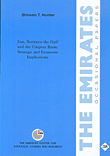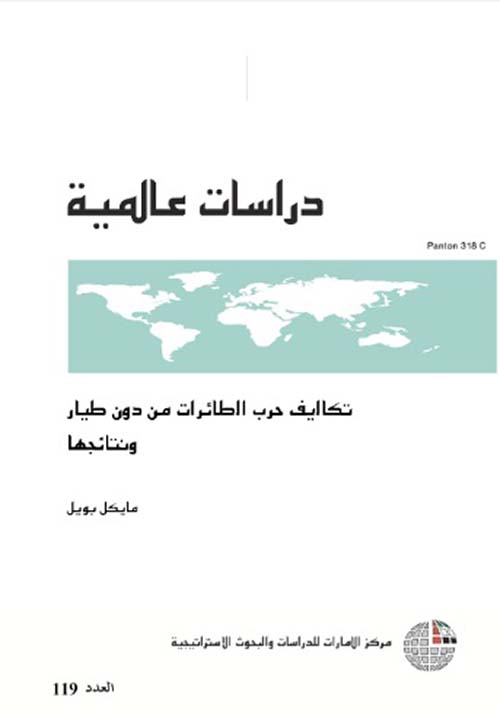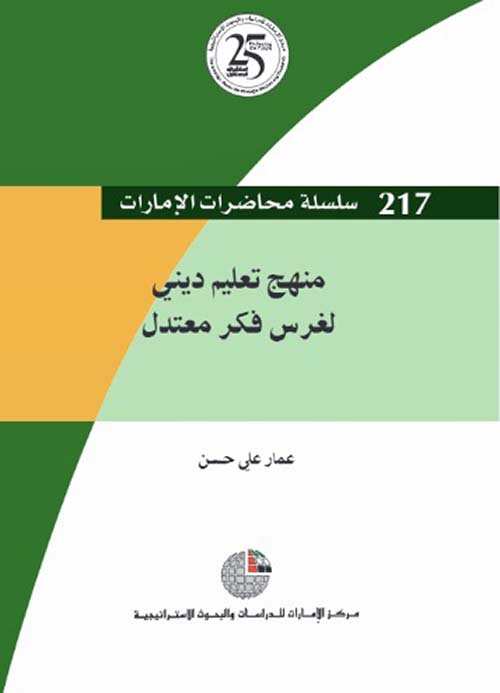نبذة عن كتاب Iran, Between the Gulf and the Caspian Basin: Strategic and Economic Implications
The Soviet Union’s disintegration in December 1991 has had the most profound impact on the nature of international political system and its regional sub-systems, which since the end of the Second World War and the emergence of a bipolar system, was represented by two competing ideological camps, one centered around liberal, capitalist West led by the United States, and the other around the socialist, totalitarian Soviet Union.
The systemic changes and geopolitical shifts generated by the Soviet Union’s collapse have left no region unaffected. However, quite naturally, those regions and countries which were the USSR’s immediate neighbors, or were located in its proximity, have felt more strongly the impact of these systemic changes.
The Soviet Union’s demise has had different consequences for various countries, depending on the nature of their relations with the West and with the Soviet Union, respectively. To put it simply, those countries that were either part of the Western alliance or had good relations with the West have mostly benefited from the post-Soviet systemic and geopolitical shifts. In contrast, the position of those states which were in the Soviet camp or had hostile relations with the West has been weakened.
Iran, as a country which had one of the longest borders with the Soviet Union (1500 kilometers) and hostile relations with the West, has been strongly affected, largely adversely, by the systemic and geopolitical affects of the Soviet demise.
Meanwhile, the Middle East region, including the Gulf zone, has also felt strongly the effects of the Soviet collapse. Indeed, because several of the countries located around the Caspian Sea, which emerged after the Soviet Union’s disintegration, have considerable energy resources, the impact of Soviet events has been quite strong there, and has introduced new dimensions into the geopolitics if energy.









المراجعات
لا توجد مراجعات بعد.